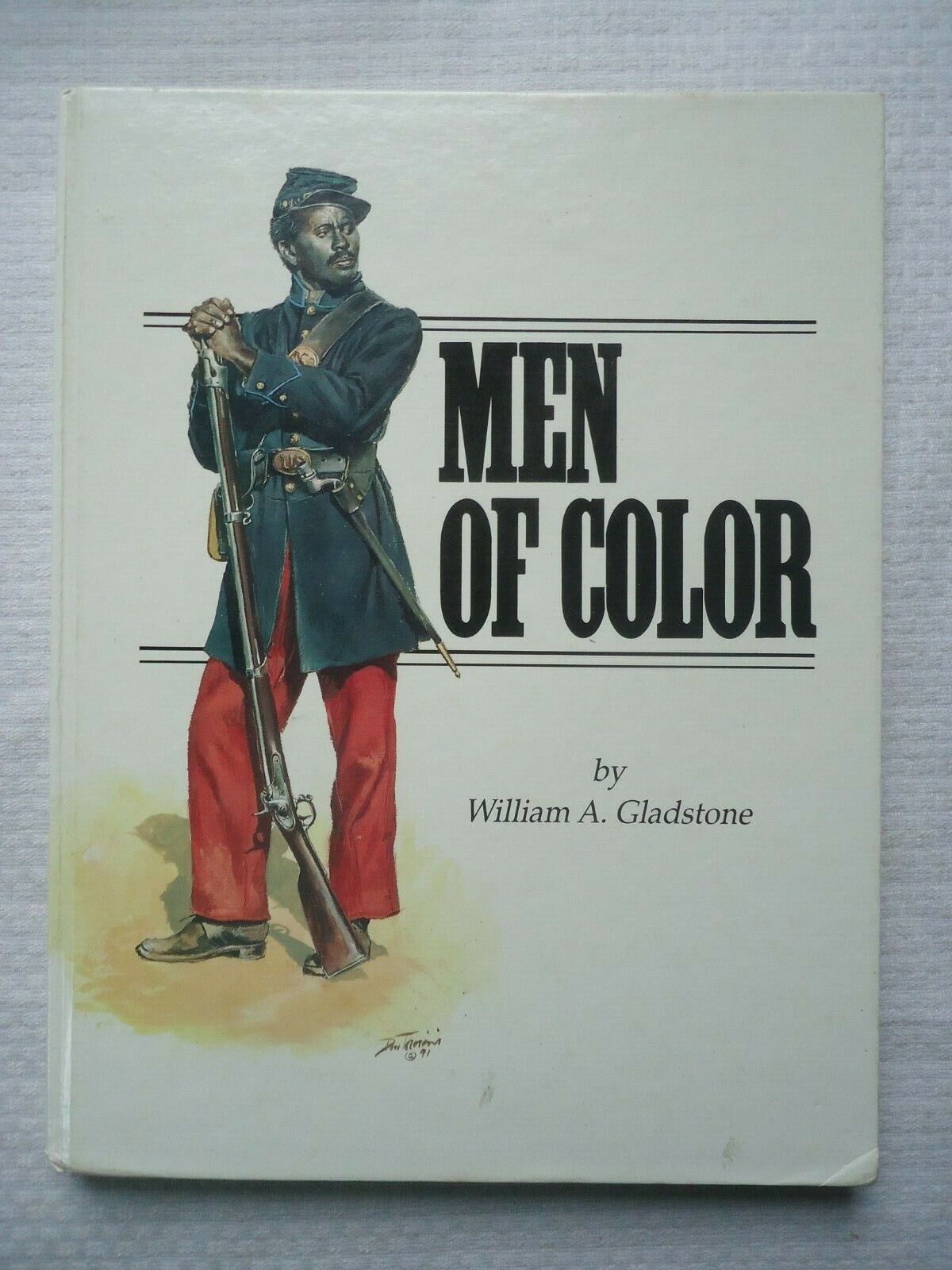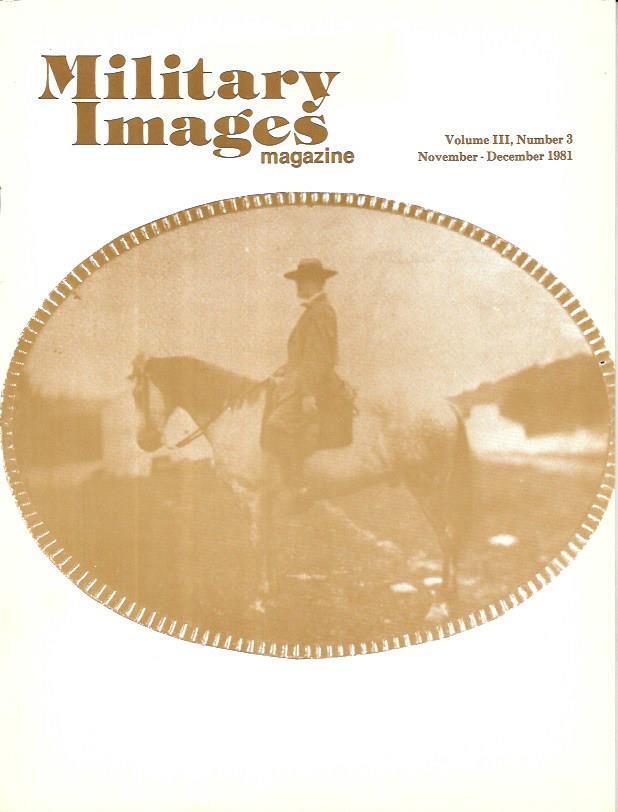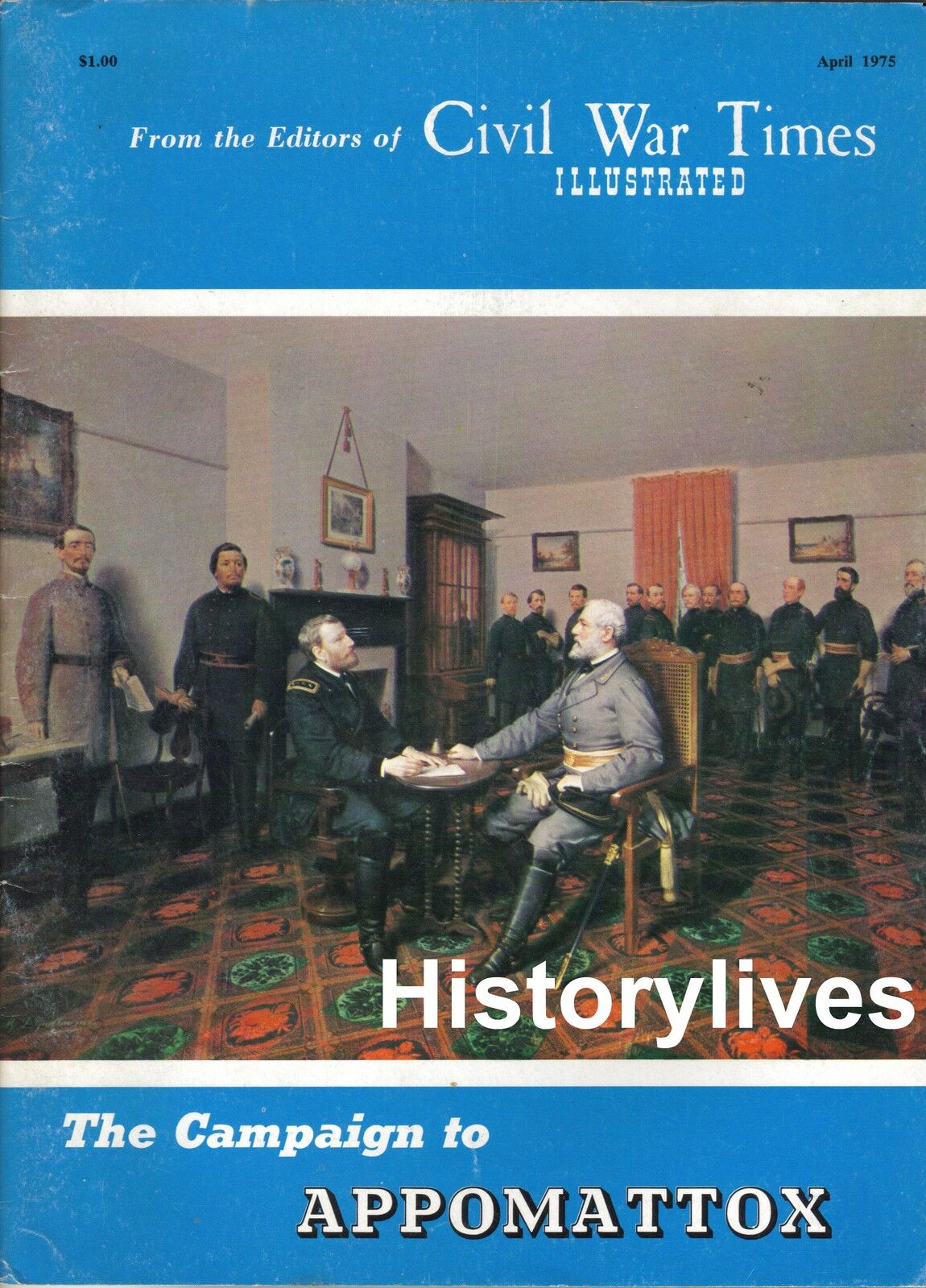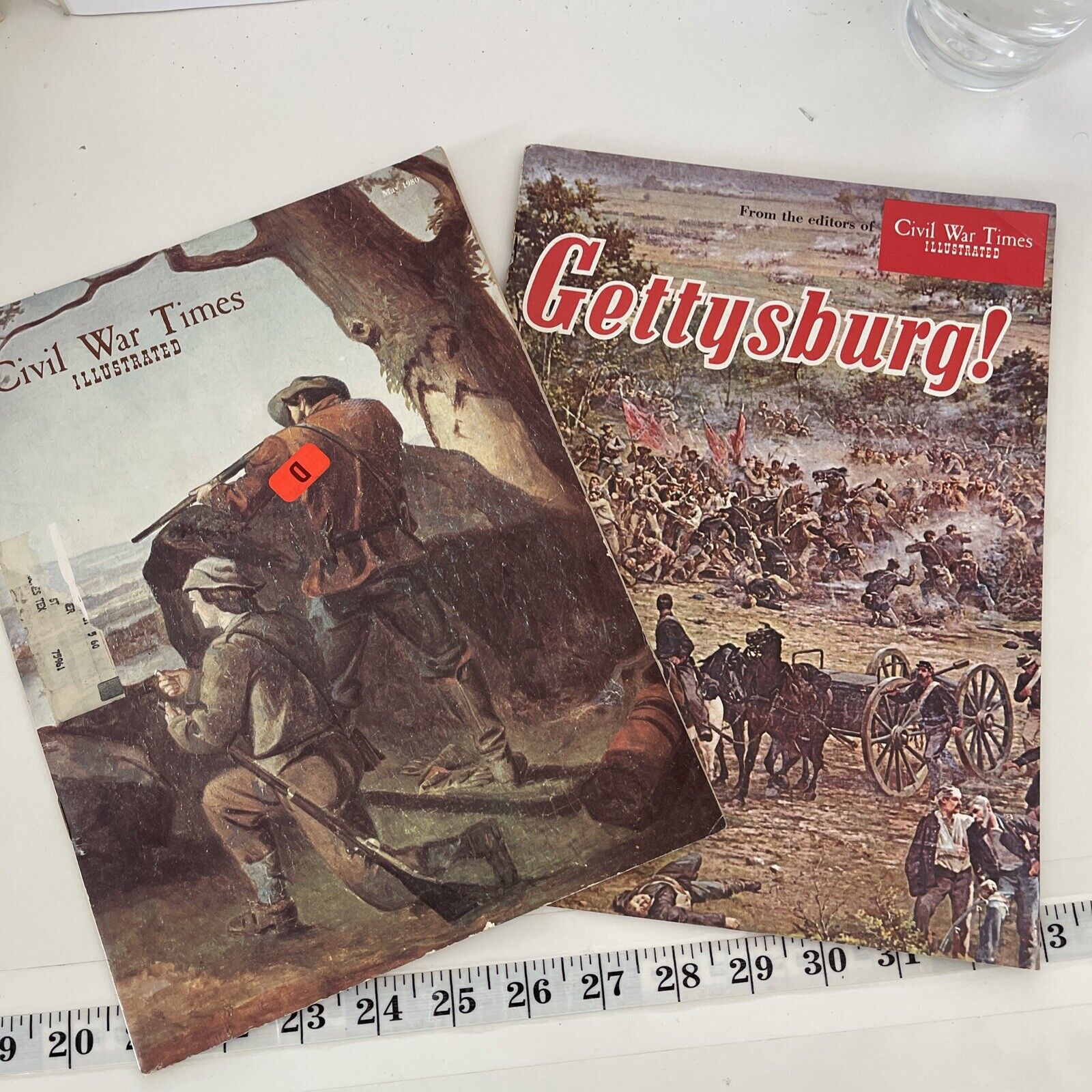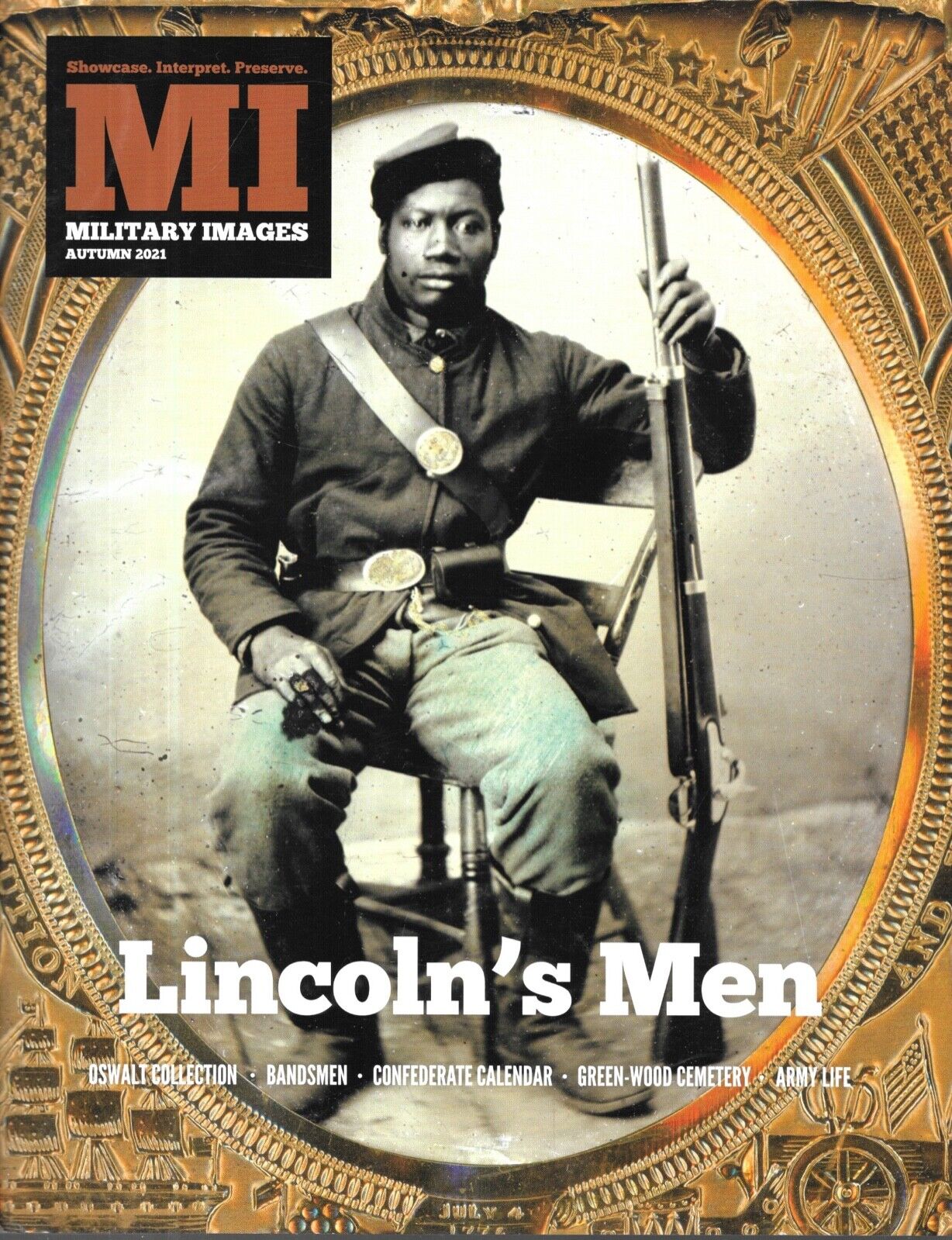-40%
Letters & Recollections of Confederate Maj. Gen. Byran Grimes, 4th NC Inf, CSA
$ 18.48
- Description
- Size Guide
Description
Extracts of Lettersof
Major-General Bryan Grimes
4th North Carolina Infantry,
later Brigadier General and Division Commander.
-----
Edited by noted Historian Gary Gallagher
----------------------------------------------
Broadfoot Publishing, 1986
----------------------------------------------
Hardtcover : Near Mint - seems unread.
Dust Jacket in a Brodart cover.
143 pages, frontis portrait, indexed.
================================
Bryan Grimes (November 2, 1828 – August 14, 1880) was a North Carolina planter and a general officer in the Confederate Army during the American Civil War.
He fought in nearly all of the major battles of the Eastern Theater of that war.
Grimes was the last man in the Army of Northern Virginia to be appointed as a major general.
He also led the last attack of that army not long before its surrender to Union forces at
Appomattox Court House on the morning of April 9, 1865.
================================
In 1861, Grimes enlisted as a Major in the 4th North Carolina Infantry. By June of 1862, he was promoted to Colonel and given command of the 4th. His was the first organized regiment to enter the town of Gettysburg during the battle in 1863, and was in charge of the rear guard during the Confederate retreat afterwards. In 1864 he promoted to Brigade Commander, and took command of Stephen Ramseur's Division after he was killed at Cedar Creek in the Fall of 1864.
Grimes is considered to have lead the last charge of the Confederacy, during the attempted break out from Richmond. Grimes troops cleared a path of escape, but Robert E. Lee chose to surrender rather than see more hopeless fighting.
He was murdered in 1880, by an assassin hired to keep him from testifying in a criminal trial.
Portions of his wartime letters were published in 1883,
and were republished by Broadfoot in 1986.
I lucked into three copies of this book at another used bookstore.
Two have sold - this is my last one !
===================================
Thank you for supporting independent booksellers !
(not bulk resellers who don't know the first thing about what they are selling !)
I pride myself on knowing my stock,
accurate descriptions, and good packing !!!
The Rock Top Book Shop and Bindery
Cashtown, Pennsylvania
======================================
Thanks for Looking !!!
----------------------------------------------------------
Postage is free
(within Continental US - others at cost)
either by media mail or priority depending upon the final sale price of the items(s).
I always include delivery confirmation, and will insure more expensive packages at my cost.
Check my other auctions for Civil War related books, documents, and ephemera,
plus the occasional other book or curiosity - mostly military related.
========================================
From the Illinois Civil War Website
========================
From the Illinois Adj. General's Report
The Sixty-first Infantry Illinois Volunteers was organized at Carrollton, Illinois, by Colonel Jacob Fry. Three full companies were mustered February 5, 1862. February 21, the Regiment, being still incomplete, moved to Benton Barracks, Missouri. Here a sufficient number of recruits joined to make nine full companies.
March 26, 1862, embarked for Pittsburg Landing. On arriving, March 30, were assigned to Brigade of Colonel Madison Miller, Eighteenth Missouri, Division of Brigadier General B. M. Prentiss.
April 6, 400 men were formed in line, in time to receive the first assault of the enemy, and stood their ground for an hour and a quarter, and until every other Regiment in the division had given way, and were then ordered to fall back. Upon retiring from this position, the Regiment was complimented by General Prentiss for its gallant stand. It was then ordered to support a battery of the first Missouri Artillery, and at one o'clock P. M. ordered to the support of General Hurlbut--coming to his support at a very critical moment, and maintaining his line until relieved by a fresh Regiment, and when its ammunition was entirely exhausted. When the second line was broken, the Regiment retired in good order and took a position supporting the siege guns.
April 7, was in reserve. Loss, 80 killed, wounded and missing, including 3 commissioned officers.
April 18, was assigned to First Brigade, Third Division, Colonel L. F. Ross, Seventeenth Illinois, commanding Brigade.
April 28, Major Ohr took command of the Regiment, Colonel Fry being absent.
May 2, Brigadier General John A. Logan took command of the Division, and was succeeded, May 6, by Brigadier General Judah.
June 6, moved to Bethel, Tennessee, Colonel Haynie, Forty-eighth Illinois, taking command of Brigade. 16th, moved to Jackson. 17th, was in Ross' Brigade of Logan's (First) Division, and moved to Bolivar, Tennessee.
September 16, 1862, moved, via Jackson and Corinth, to Brownsville, Mississippi, on Memphis and Corinth Railroad. Returned to Bolivar, after the battle of Iuka, September 25.
October 10, Brigadier General M. Brayman was assigned to the Brigade, and Colonel Fry to command of post at Trenton, where, on the 20th of December, he was taken prisoner by General Forrest and paroled. The Brigade remained at Bolivar, General Brayman commanding post.
December 18, 1862, 240 men of the Regiment proceeded, by rail, to Jackson, and, moving out the Lexington road, under command of Colonel Engleman, with Forty-third Illinois and a detachment of cavalry took position at Salem Cemetery, and on the morning of 19th repulsed the enemy under Forrest, with three pieces of artillery, and on receiving reinforcements from General Sullivan, pursued the enemy some distance; after which, returned to Bolivar.
May 31, the Regiment being in the Sixteenth Army Corps, moved, via rail, to Memphis, and embarked for Vicksburg. June 3, arrived at Chickasaw Bayou, 4th, accompanied expedition up Yazoo River, landing at Satartia. Moved four miles out to Mechanicsburg, capturing some prisoners, 6th, moved to Haines' Bluff. June 20th, moved to Snyder's Bluff.
Lieutenant Colonel Fry having resigned, Major Ohr was promoted Lieutenant Colonel. July 17th, 1863, moved to Black River Bridge. 22d, returned to Snyder's Bluff. On 27th, moved to Helena, Arkansas. August 13, in Major General Steel's army, Colonel McLane, Forty-third Indiana, commanding Division, and Colonel Graves, Twelfth Michigan, commanding Brigade. Moved, via Clarendon, Duvall's Bluff, Brownsville, to Little Rock, skirmishing some with the enemy after leaving Brownsville, and arriving at Little Rock September 10, Remained at Little Rock.
The Regiment remained in Arkansas until August 14, 1864, being stationed most of the time at Little Rock and Duvall's Bluff. It did its full share of the hard, fatiguing and generally profitless marching that the troops composing that department made during that period, It participated in the combat at Clarendon, on the White River, June 26, 1864, which resulted in raising the Blockade of that river made by the rebel general, Joe Shelby. In the early part of the year 1864, enough of the men re-enlisted as Veterans to enable the Regiment to retain its organization as a Veteran Regiment. March 20, 1864, Company K joined the Regiment from Camp Butler, Illinois.
August 14, 1864, the Regiment started to Illinois, on veteran furlough, leaving Company K and the recruits and non-veterans in Camp at Duvall's Bluff, Arkansas. On the expiration of its veteran furlough, the regiment rendezvoused at Springfield, Illinois. It went from there to St. Louis. Owing to the pending invasion of Missouri by the rebels under General Price, the Regiment was halted at St. Louis, Companies B, D and G were detached from the Regiment and sent to Chester, Illinois, to guard the crossing of the river at that point. They remained there until October 14, when they joined the Regiment at St. Louis. The entire Regiment was then sent to Mexico on the North Missouri railroad, in the northeastern part of the State, and during the balance of that month was engaged in a series of hard marches after a gang of rebels who were operating in that part of the State, and finally chased them across the Missouri River and dispersed them. The Regiment then returned to St. Louis, and on November 6 left by steamer for Paducah, Kentucky, arriving there November 11. Left Paducah November 24. Went by steamer to Nashville, Tennessee, from thence on November 28, by rail to Murfreesboro, Tennessee. December 4, was engaged in the combat of Overall's Creek, three miles from Murfreesboro.
In addition to the casualties sustained by the Regiment in this action among the rank and file, Lieutenant Elijah B. Corrington, of Company F, a most excellent officer, was instantly killed, being struck by a musket ball in the breast.
December 7, the Regiment was engaged in the battle of Wilkinson's Pike, or the "Cedars," near Murfreesboro. It signalized itself by a gallant charge over the enemy's rail, and dirt breast works, capturing the colors of a Florida Regiment and a number of prisoners. Out of about 200 men engaged, the Sixty-first lost in killed and wounded about thirty in this affair.
December 12, the Regiment, numbering then about 175, with a small squad of dismounted cavalry, and one company of the First Michigan Engineers, was sent as escort of a train of cars destined to Stephenson, Alabama, and returned with rations for the troops at Murfreesboro. On the return, about 2 o'clock on the morning of December 15, about 8 miles out of Murfreesboro, the Regiment was attacked by an overwhelming force of rebels, under the command of Forrest. The rebel force aggregated fully 1,500 infantry and cavalry, and was also provided with a battery of artillery. They surrounded the train and tore up the track in front and rear to prevent escape, and opened up a galling fire of musketry and artillery. The train guard, numbering all told about 225 muskets, held the train until about 8 A. M., in the hope of reinforcements reaching them from Murfreesboro, but at that hour there being no sign of help, and their cartridges nearly exhausted, they abandoned the train, and cut their way out. Lieutenant Colonel Grass, commanding the Regiment, was captured, and over half the Regiment was killed, wounded and taken prisoners - Among others killed was Lieutenant Lorenzo J. Miner, of Company B, a most admirable young officer.
Major J. B. Nulton, who had successfully led the left wing of the Regiment through the rebel lines, reached a block house, about one-half of a mile north of the abandoned train, halted his command and upon being reinforced with a battery of artillery from Murfreesboro, marched back and recaptured the train, in time to prevent its destruction. Several regiments of infantry, under the command of Gen. Milroy, reached the scene of action soon thereafter and the enemy was put to flight; after which the road was repaired and the train, loaded with provisions, safely run into Murfreesboro.
This was the last severe action in which the Regiment was engaged. February 4, 1865, the non-veterans and recruits rejoined the Regiment from Duvalls Bluff, Arkansas.
March 21 the Regiment, under orders from Gen. Rosseau, moved to Franklin, Tennessee, and Maj. J. B. Nulton assumed command of the Post and Captain Daniel S. Keeley took command of the Regiment.
In the latter part of June, the recruits of the Eighty-third, Ninety-eighth and One Hundred Twenty-third Illinois infantry were transferred to the Sixty-first, filling its ranks nearly to the maximum, and Major J. B. Nulton was promoted to the rank of Colonel and Captain Daniel S. Keeley to that of Major.
While at Franklin, Tennessee, Col. Nulton, under orders from Gen. George H. Thomas, proceeded with a detachment of the Sixty-first Illinois to Hickman county, Tennessee, where he negotiated terms and received the surrender of the noted Duvall McNairy, together with his command numbering about one hundred fifty men rank and file.
September 8, 1865, the Regiment was mustered out at Nashville, Tennessee, and started home.
On September 27, 1865, at Camp Butler, near Springfield, Illinois, the boys received their final payment and discharge and "broke ranks" forever






